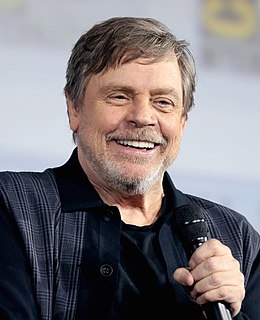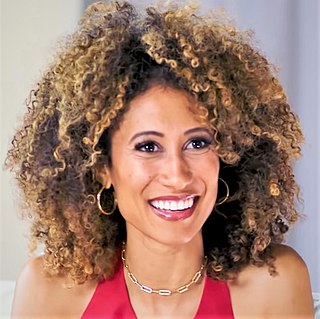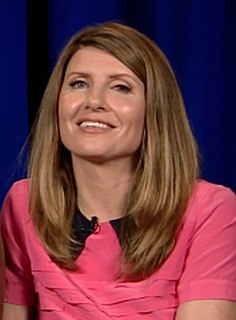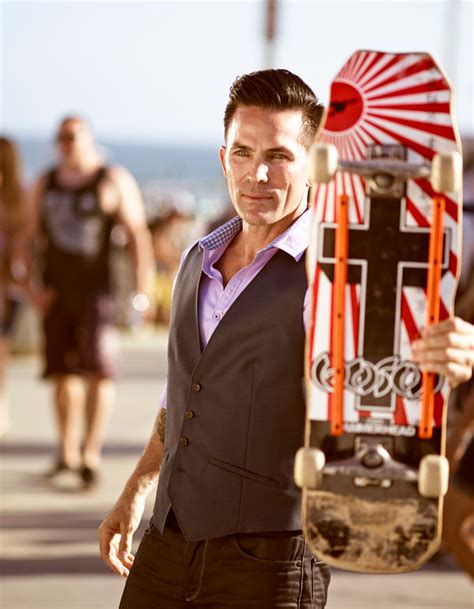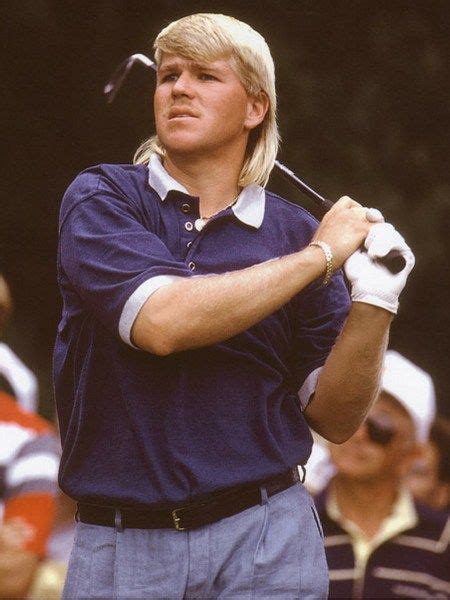A Quote by P. J. O'Rourke
The Lampoon started in 1970, and I began writing freelance for them around the end of 1971, and then all through '72. They hired me in '73, and I left early in '81. I did everything from low puns to being editor-in-chief.
Related Quotes
What makes a good editor is staying the hell out of the way as much as possible. ... If you're a DC or Marvel or Dark Horse or BOOM! editor who's assigning work, then if you did your job properly to begin with, then the people you've hired can be trusted to do what they do without excessive meddling. The ideal situation you're shooting for as an editor is to groom a collaborative creative team to the point where their work sails effortlessly through production and the most you have to do is fix the spelling and the commas.
About a year after (my stories began being published), magazine editor George Scithers, suggested to me that since I was so new at being published, I must be very close to what I had to learn to move from fooling around with writing to actually producing professional stories. There are a lot of aspiring writers out there who would like to know just that. Write that book.SFWW-I is that book. It's the book I was looking for when I first started writing fiction.
I realize at one point, that I was being followed, and then I began to see the surveillance that was going past the road on my house. And so, these cars began to surveil me. People began to follow me around, and it did, it was very disrupting to think that your privacy was being violated, and for no reason that I could come up with.
If I didn't forgive the people who took me into the barracks and beat me unconscious over a period of days during the period when the British state was indicted for inhuman and degrading treatment in 1971-72, or even the guys who shot me, if you don't forgive them, you end up with unnecessary baggage.
In the early '90s, I was hired to write educational dramas about HIV and AIDS in the shantytowns. I did that for two and a half years, and then I was hired on other films. When 'Tsotsi' presented itself, I thought, 'This is not a world I grew up in, but I've spent a great deal of time writing about it and researching it in my past.'
The Lampoon was definitely quite formative. You know there's a crazy like kind of network of comedy writers from The Lampoon that are, that kind of you know like Seinfeld and The Simpsons and a lot of shows kind of had a lot of kind of Lampoon writers and so that was very formative. I mean, to me I got interested in comedy writing at an early like reading like Dave Barry.
What happened was I began to eventually lose everything because cocaine had such a hold on me. I wouldn't show up to do things I had been hired to do - whether it was film for a video or do an ad for a magazine or something. I'd be out partying with cocaine. Eventually, I began to lose everything. So, I left California and went back to Alabama in an attempt to try to get my life together - but geographical location didn't necessarily help me because the real problem was in me.




